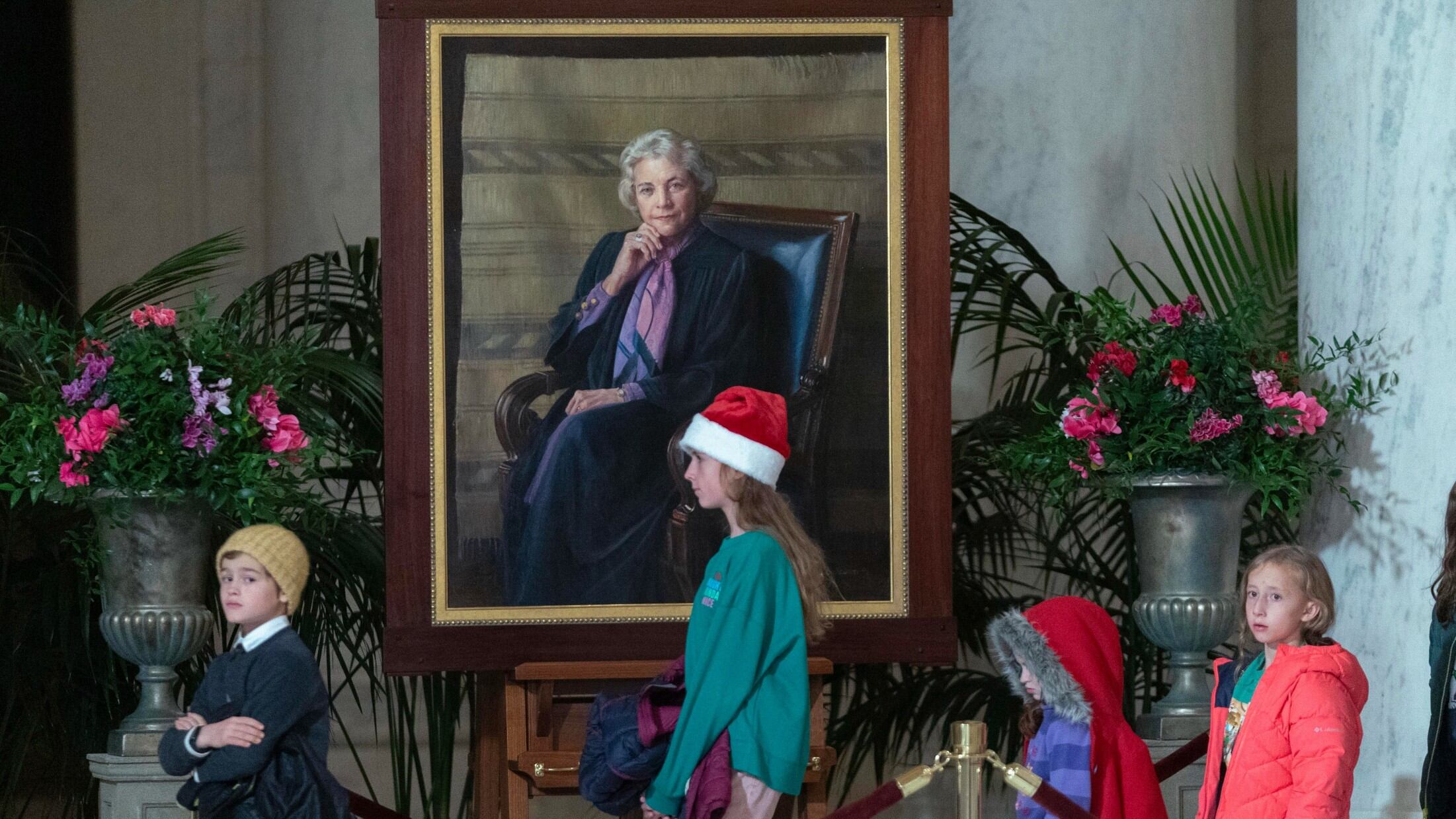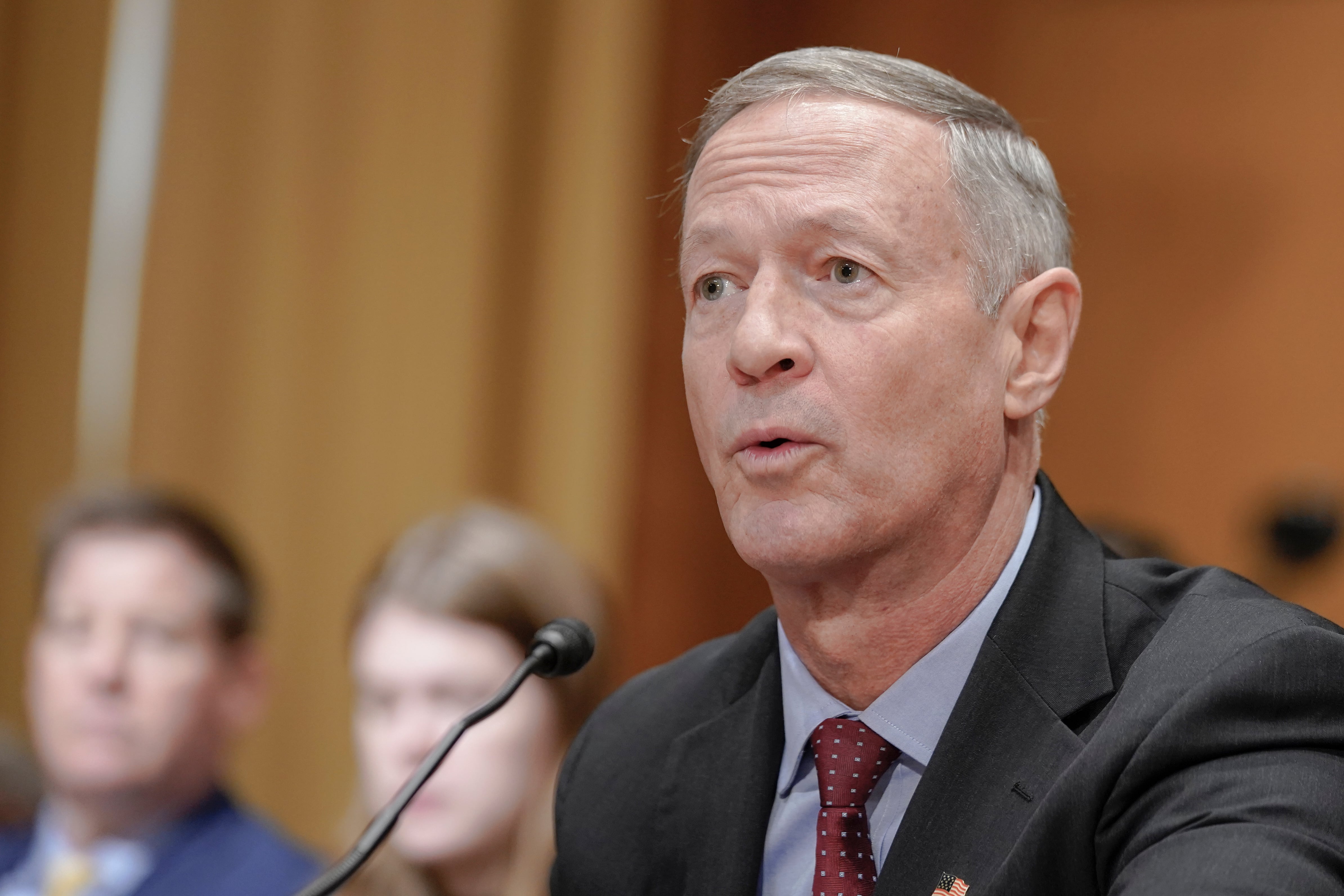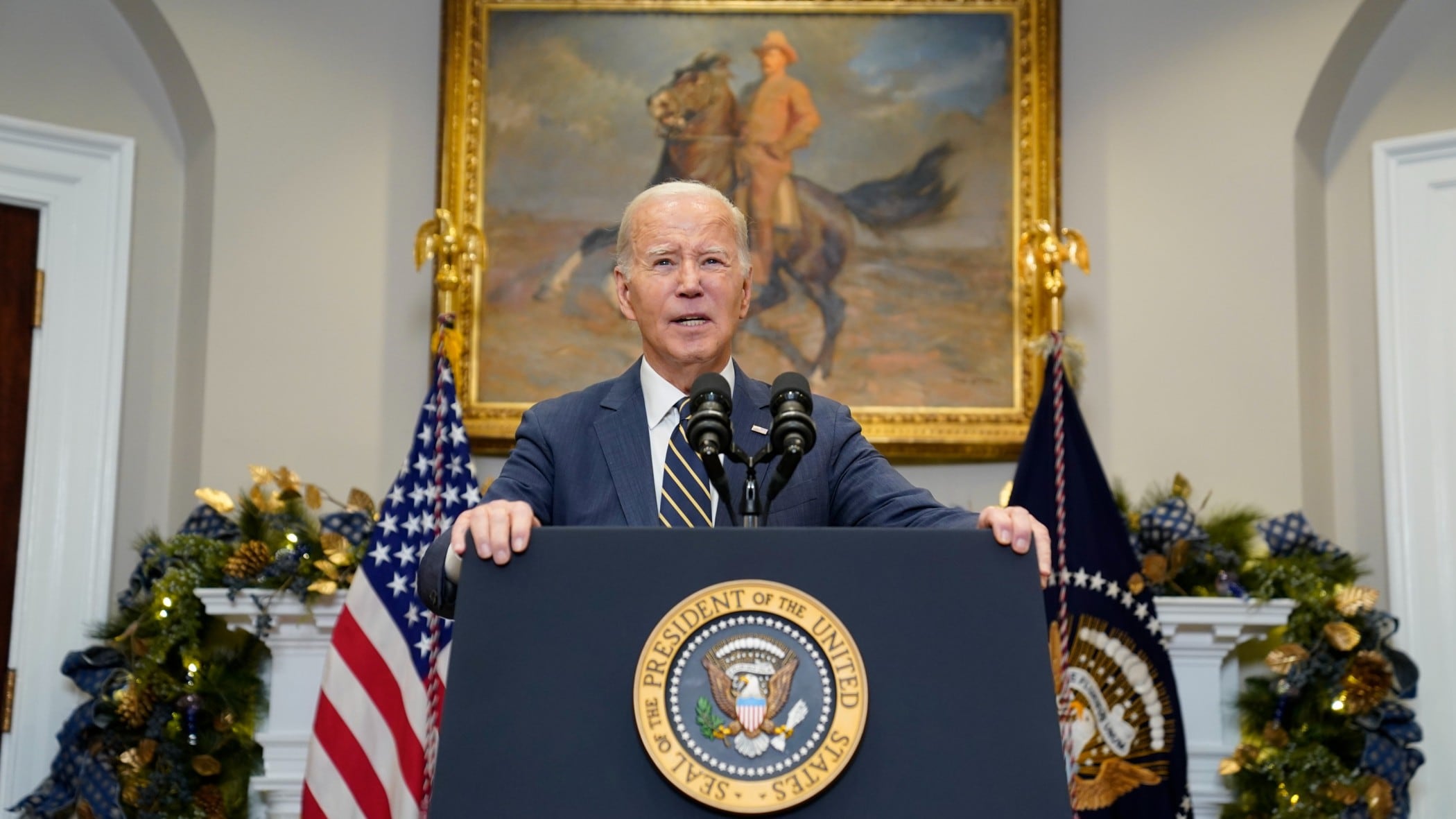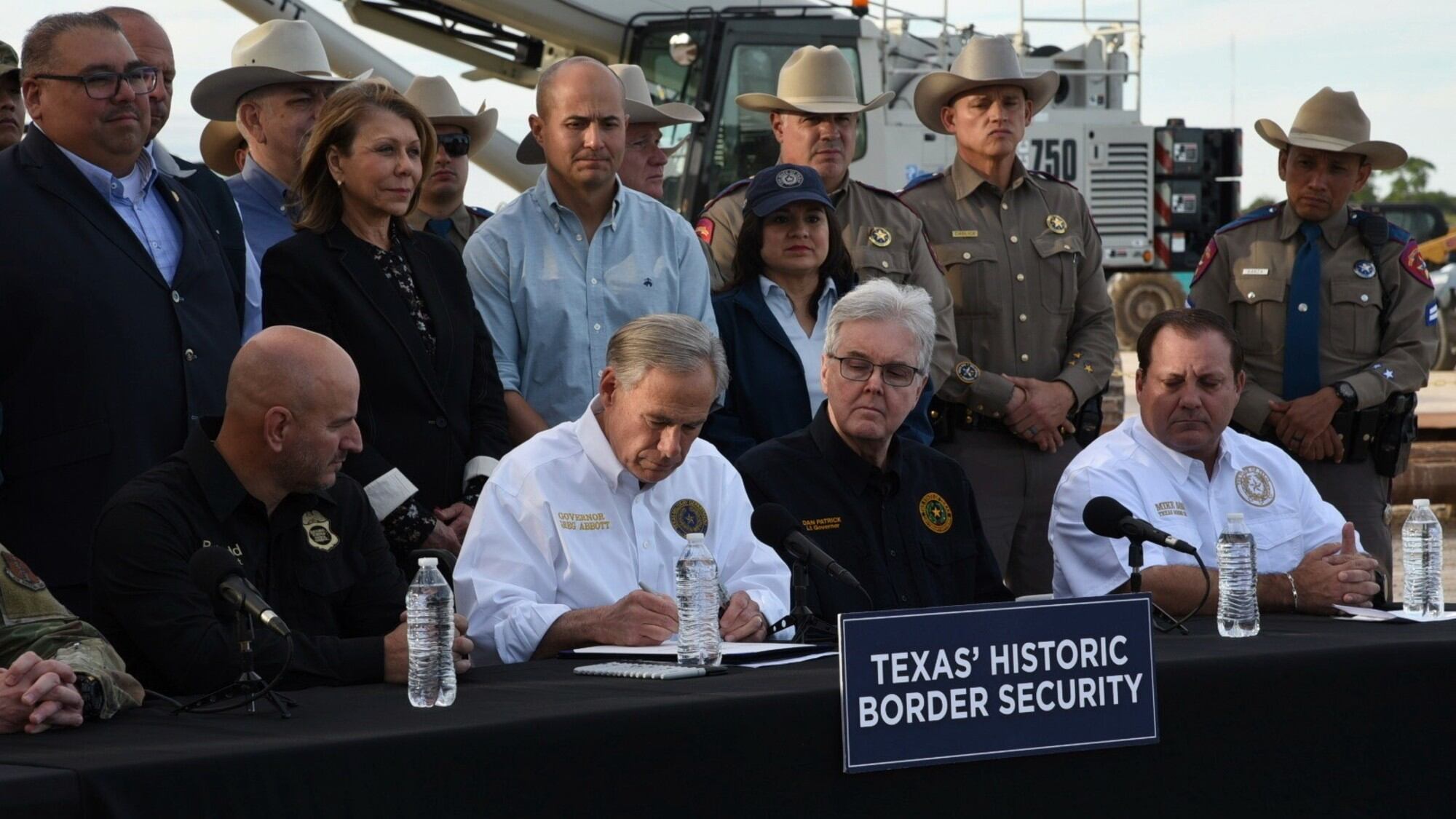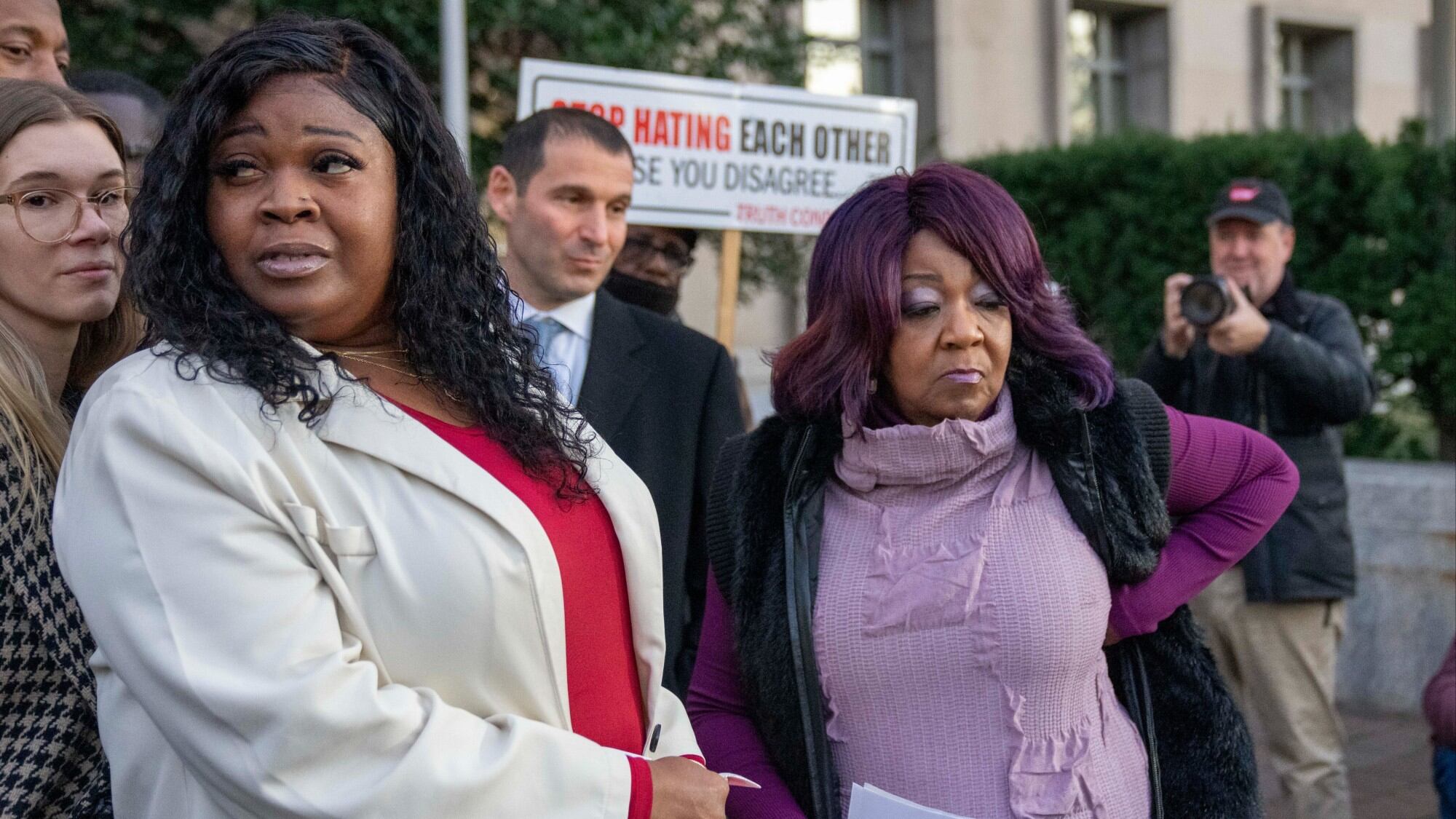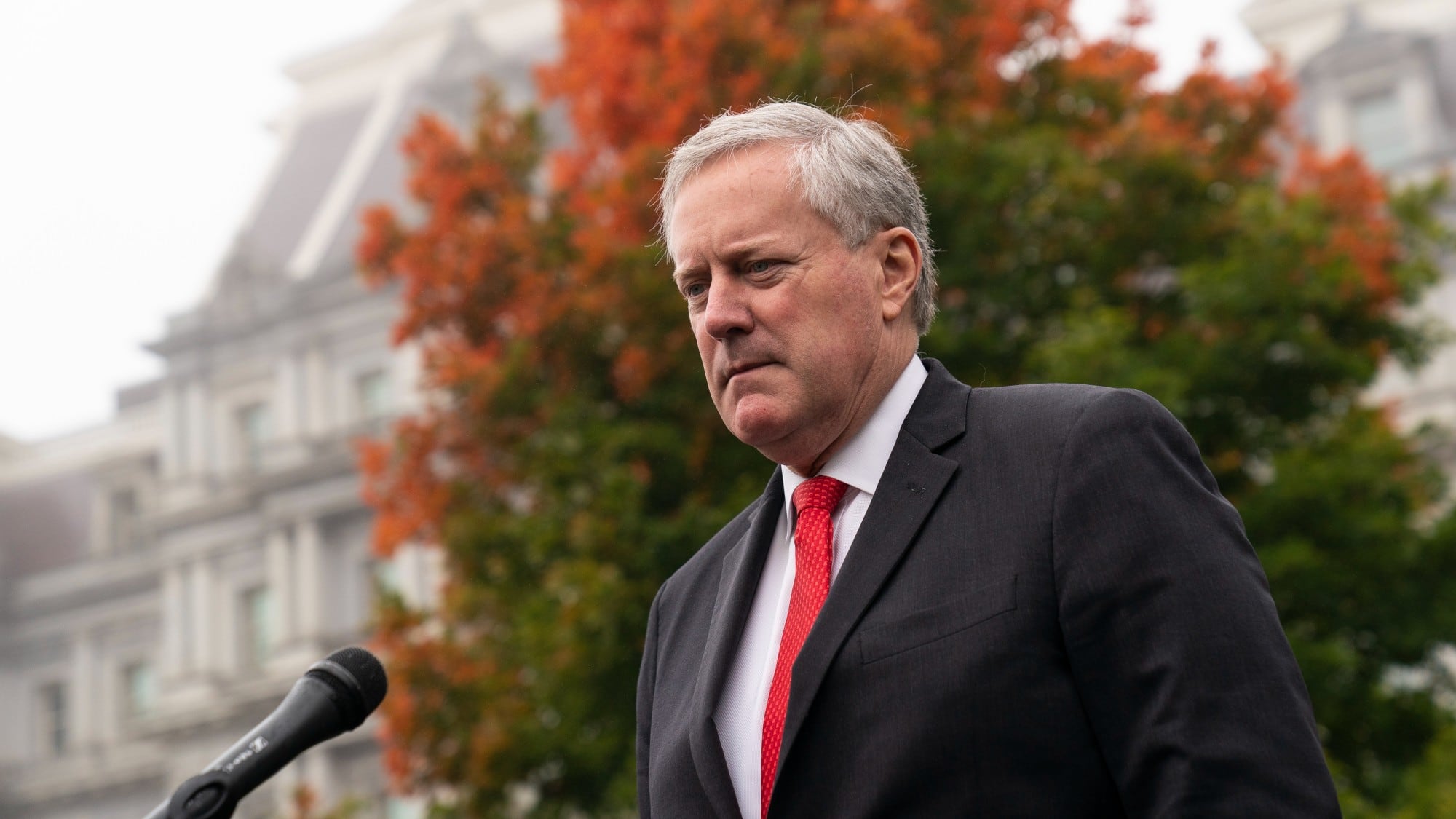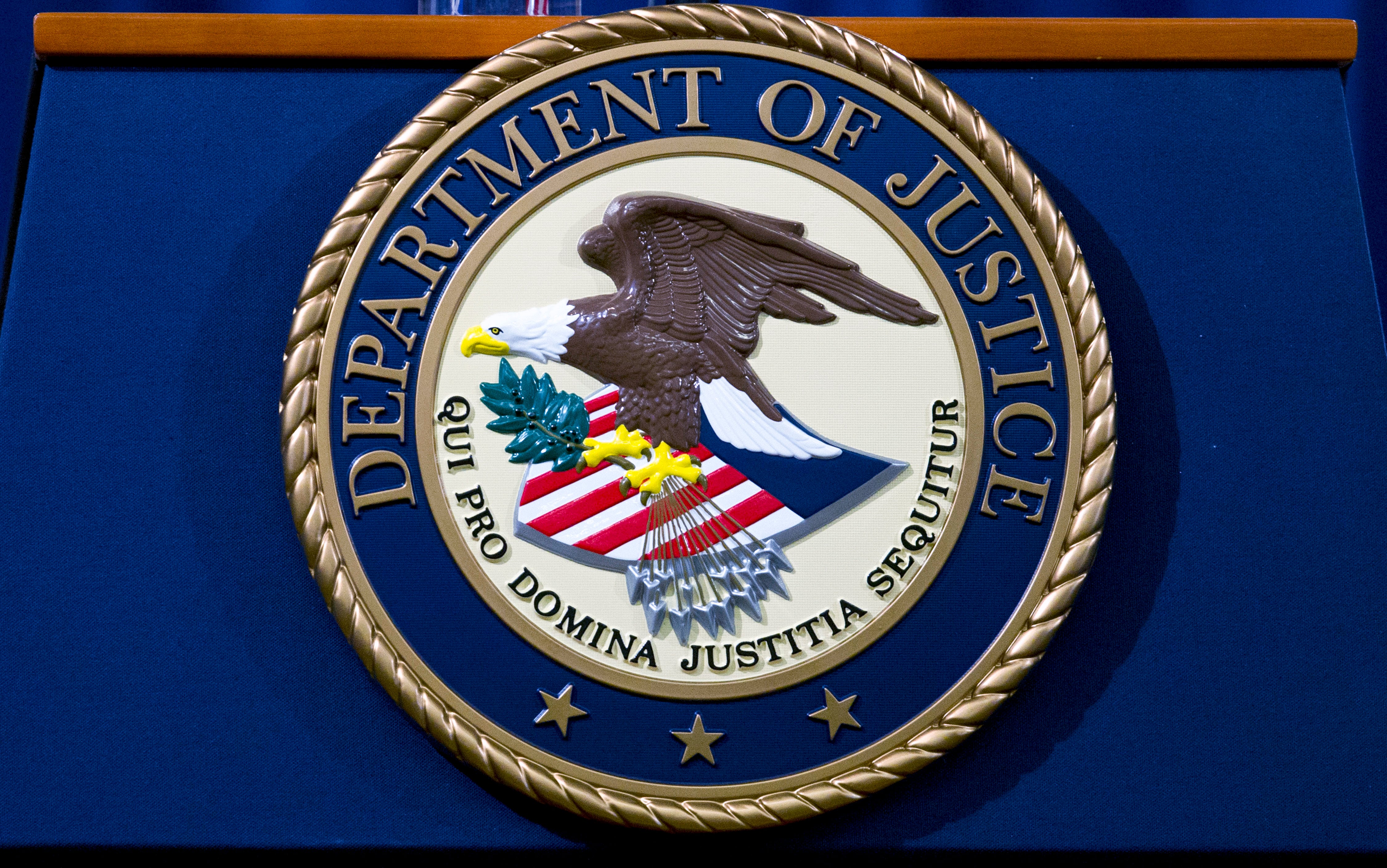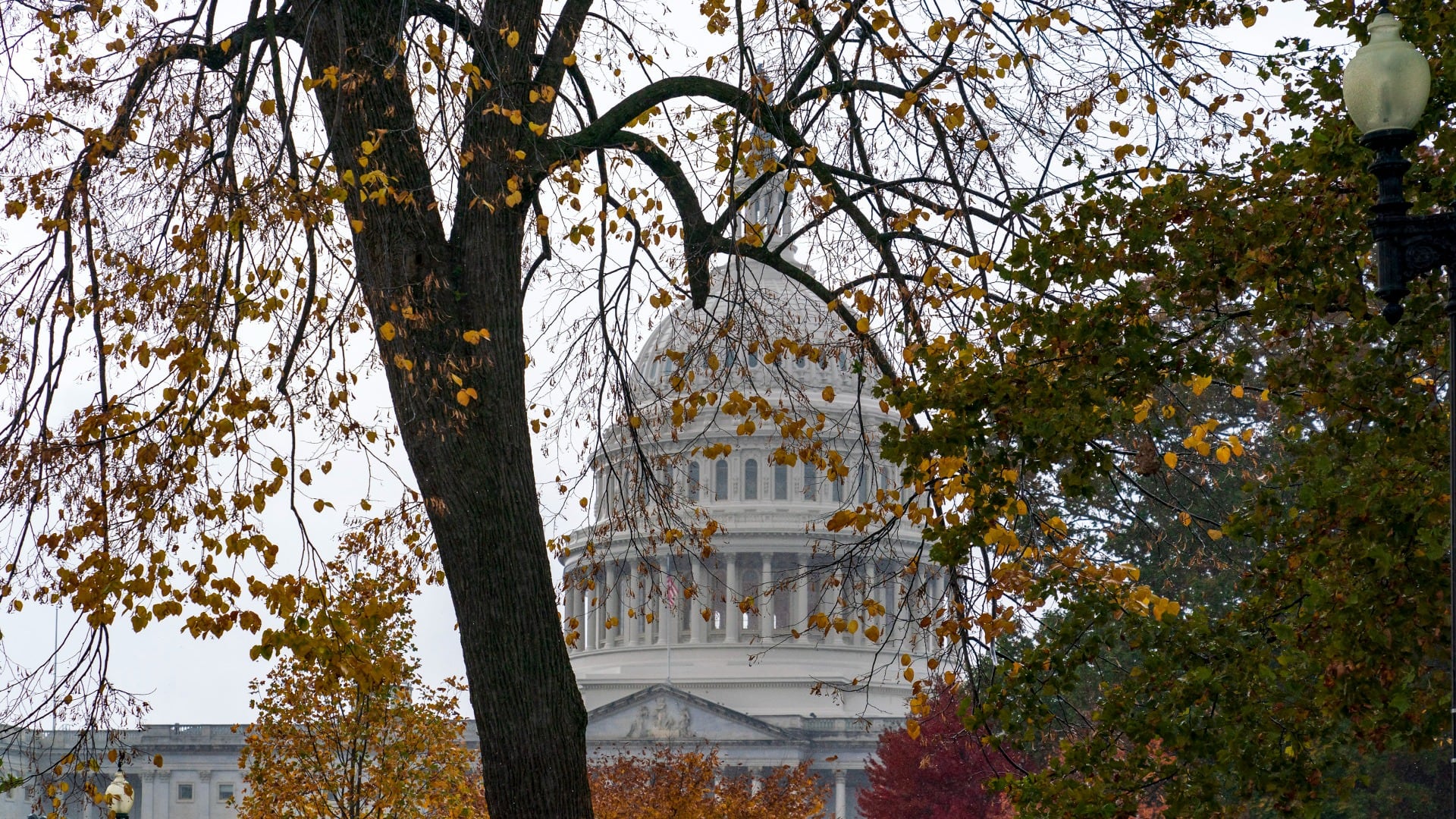President Trump reportedly ordered the firing of Robert Mueller over the summer but reversed course after the White House special counsel threatened to resign. That's according to a recent report in the New York Times. Fordham University Law Professor Jed Shugerman explains the potential legal ramifications of these revelations.
"This now becomes part of a longer timeline for Mueller," said Shugerman. "The statue that covers obstruction of justice depends upon proving that there was a corrupt intent. So the more events that show a corrupt intent the stronger the case would be."
Former White House Communication Director Anthony Scaramucci took to Twitter, tweeting "...@POTUS should be able to have a private conversation with WH Counsel without the content being leaked." Shugerman says presidents can have private conversations, but they cannot conspire to commit felonies.
President Joe Biden has memorialized Justice Sandra Day O’Connor as a pioneer in the legal world who inspired generations of women.
Former Maryland Gov. Martin O'Malley will take on the role of head of the Social Security Administration after the Senate voted to confirm him.
President Biden's pleas for Congress to approve more Ukrainian aid before year's end appears to be coming up short.
Republican Texas Gov. Greg Abbott has approved sweeping new powers that allow police to arrest migrants who illegally cross the U.S. border and give local judges authority to order them to leave the country.
Two former Georgia election workers who won a $148 million defamation judgement against Rudy Giuliani are asking for a court order barring him from continuing to repeat the lies he spread about them following the 2020 election.
A federal appeals court on Monday ruled that former Trump White House chief of staff Mark Meadows cannot move charges related to efforts to overturn the 2020 election in Georgia to federal court.
A federal judge has issued a temporary restraining order barring removal of a memorial to Confederate soldiers at Arlington National Cemetery.
The U.S. Justice Department has created a database to track records of misconduct by federal law enforcement officers that is aimed at preventing agencies from unknowingly hiring problem officers, officials said on Monday.
The House of Representatives recently passed a bill aimed at increasing transparency in healthcare.
In the Red Sea this morning, a U.S. warship, the USS Carney responded to a distress call by a commercial vessel after it came under attack.
